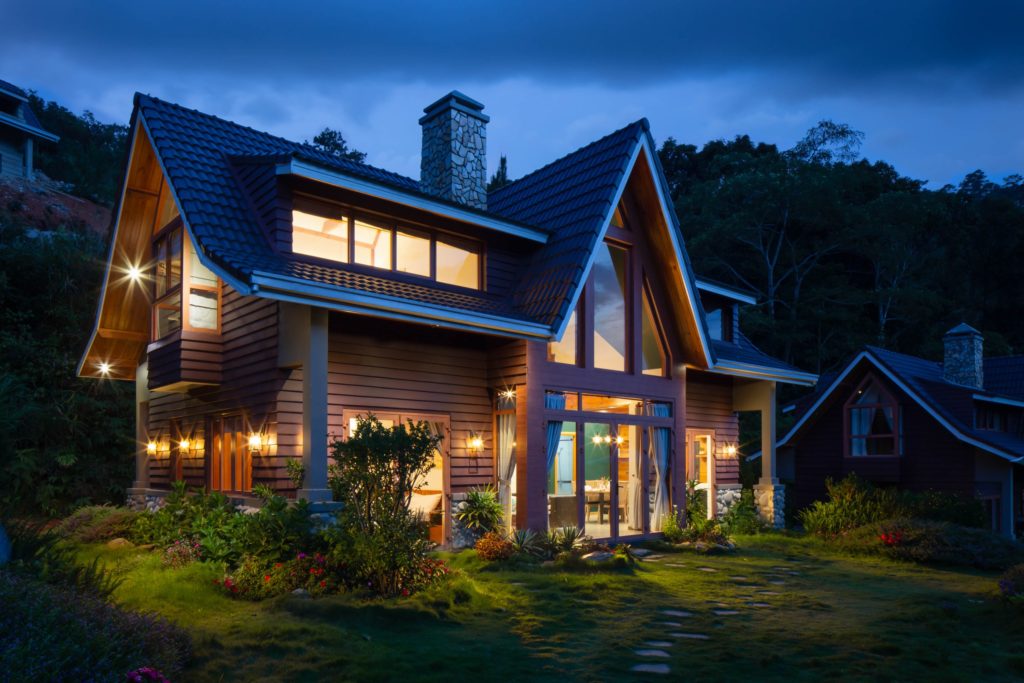When it comes to a home, whether you’re upsizing, downsizing, or whatever, you can guarantee that this is going to be one of the biggest investments you’re ever going to have. But when it comes to this, you’re going to have to keep in mind that your house can go up in value, but it even has the potential to go down too. Just think about it, if your house has pest control issues, molding, or even being in a bad neighborhood, all of this is going to make an impact for the worst.
But with that said, just as a homeowner can boost the value of a house, it can go down just as easily. Even if you’re not planning on selling your house, you’re still going to want to keep it in tip-top shape just so you can have better living conditions. So, here are some factors you have to know about in order to avoid hindering the longevity of your home.
Poor Foundation
The foundation is the backbone of your home. Subpar construction, inadequate drainage, or shifting soil can lead to foundation cracks and structural instability, ultimately jeopardizing your house’s longevity. Regular inspections and proper maintenance can help prevent foundation issues from escalating. It’s something that’s far from ideal to even deal with, but if you live in an old house or even an area that’s prone to heavy rain or floods, then you’re going to have to get around to checking this out.
Water Damage
It happens, and sometimes it just can’t be controlled. In the winter, pipes bust, or maybe pipes are getting old. Even basements have a reputation for getting plenty of water damage and even flooding. Overall, it happens, it’s very inconvenient, but it happens. So, as a homeowner, it’s so important to keep in mind that water is a house’s worst enemy.
Leaking roofs, clogged gutters, faulty plumbing, and poor drainage can all contribute to water infiltration, causing rot, mold growth, and structural damage. Regularly inspecting your home’s exterior, maintaining the roof, and promptly addressing plumbing issues can prevent water damage from eroding your home’s lifespan.
Not Bothering with Maintenance
Sometimes laziness kicks in, and you just don’t want to do too much for your home. It happens, but for every homeowner, no matter how annoying or costly it is, there needs to be regular home checkups. Whether it’s plumbing, HVAC, or whatever, neglecting routine maintenance can lead to small issues snowballing into major problems over time.
Regularly inspecting and addressing minor repairs, such as sealing cracks, repainting, and servicing HVAC systems, can prevent deterioration and extend your home’s life. At the end of the day, if you skip out, you’re going to be causing far more harm than good, and you’ll be biting a much bigger bill.
Pest Infestation
As mentioned earlier in the intro, pest issues can immediately decrease the life span of a house. It can have the ability to just quickly make the home fill up with diseases, and the structure itself gets destroyed. Overall, it’s not good, and it makes the house dangerous in more ways than one. So, when it comes to pest infestations, whether it be bugs or rodents, this needs to be taken care of immediately because you’re putting yourself and your family at risk while putting the entire house at risk at the same time.
Improper Ventilation
This doesn’t get too much attention, but honestly, it really needs it. Whether you’re upsizing your home or not, the ventilation needs to count. This is even something that so many homeowners are entirely unaware of, but this absolutely needs to be focused on. Inadequate ventilation can lead to moisture buildup, which in turn causes mold growth and deterioration of building materials. Proper ventilation in areas like bathrooms, kitchens, and attics can help maintain a healthy indoor environment and prevent long-term damage.
Poor Workmanship
So, depending on what exactly it is, this could potentially be something you’ll need to take care of, but potentially not; it’s all really going to just depend. Cutting corners during construction can have serious consequences down the line. Poor workmanship can result in structural weaknesses, uneven settling, and subpar materials that deteriorate faster. Choosing reputable contractors and overseeing construction closely can help prevent these issues. Sure, DIYing your home can be great and rewarding, but sometimes the risk is just too big.
Not Thinking About Environmental Factors
While climate change is honestly something to think about when it comes to your home, it’s not going to be the only thing, either. Overlooking the natural environment around your home can lead to problems over time. For example, planting trees too close to your home can lead to root damage and potential foundation issues. Regular landscaping maintenance and strategic planning can help prevent these issues.

Leave a Reply